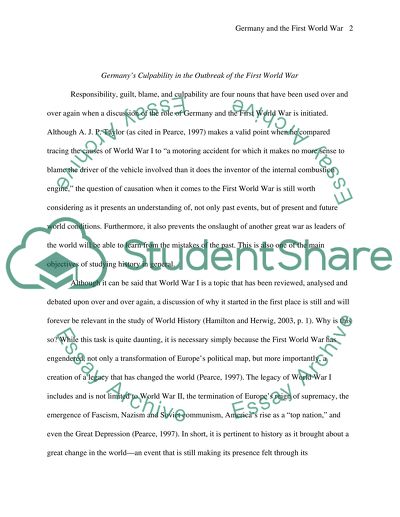Cite this document
(“Discussion Theme: General war broke out in Europe in 1914 because of Essay”, n.d.)
Retrieved from https://studentshare.org/miscellaneous/1559109-discussion-theme-general-war-broke-out-in-europe-in-1914-because-of-premeditated-german-decisions
Retrieved from https://studentshare.org/miscellaneous/1559109-discussion-theme-general-war-broke-out-in-europe-in-1914-because-of-premeditated-german-decisions
(Discussion Theme: General War Broke Out in Europe in 1914 Because of Essay)
https://studentshare.org/miscellaneous/1559109-discussion-theme-general-war-broke-out-in-europe-in-1914-because-of-premeditated-german-decisions.
https://studentshare.org/miscellaneous/1559109-discussion-theme-general-war-broke-out-in-europe-in-1914-because-of-premeditated-german-decisions.
“Discussion Theme: General War Broke Out in Europe in 1914 Because of Essay”, n.d. https://studentshare.org/miscellaneous/1559109-discussion-theme-general-war-broke-out-in-europe-in-1914-because-of-premeditated-german-decisions.


